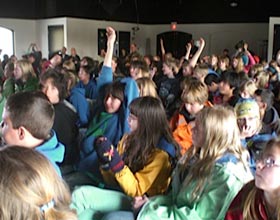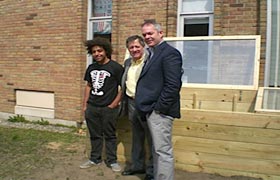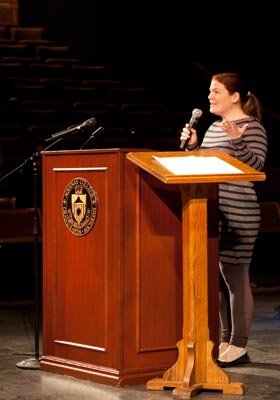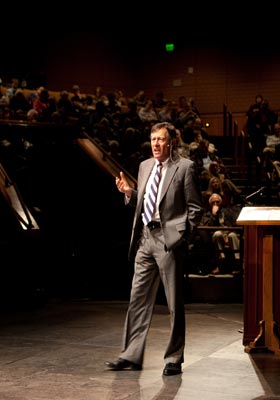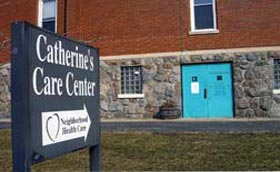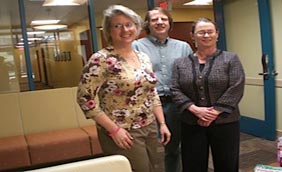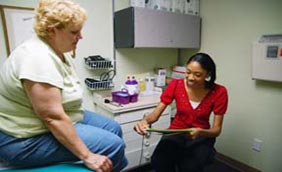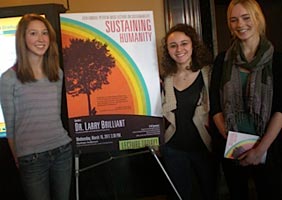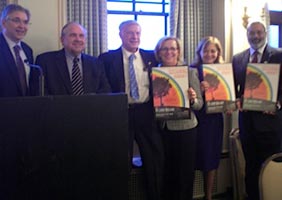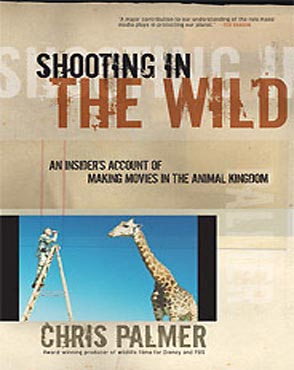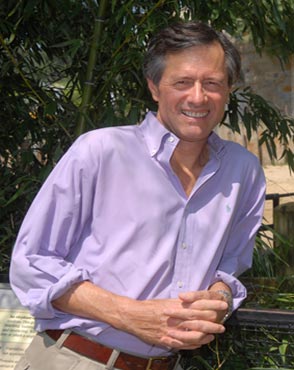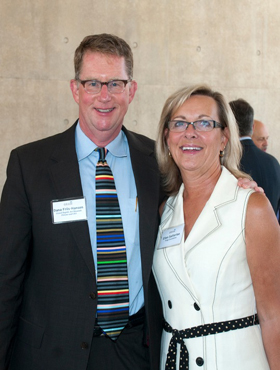
Dana Friis-Hansen left his job as Executive Director of the Austin Museum of Art this summer to take over as CEO of the Grand Rapids Art Museum. In an interesting confluence of art museums, GRAM’s new chief executive will be both exhibitor and presenter during this fall’s ArtPrize. Among the 32 ArtPrize entries to be housed at GRAM will be one Friis-Hansen helped create for the Austin Museum called “The Mona Lisa Project” by photographer Rino Pizzzi.
The GRAM board and the community had the chance to welcome the 50-year-old Friis-Hansen at an open reception July 15. The new director told his audience that the people he’d met here during interviews and the exciting visions they have for GRAM’s future helped him decide to leave Austin for Grand Rapids. And the museum itself, the nation’s first LEED Gold Certified museum opened in 2007, completed the irresistible offer.
For the Massachsett’s native, GRAM’s flexible, open spaces, its environmentally progressive design, and its downtown location make it an ideal community art museum. Friis-Hansen has already taken advantage of the expansive entrance by showing “upside down” films on the outdoor porch ceiling. The first night it didn’t take long for people to spot the movies and come lie down to watch them.
That’s typical of Dana Friis-Hansen’s creative approach to making GRAM a family gathering place. In Austin he created The Family Lab bringing in experts from biologists to chefs who helped him expand the boundaries of what an “art museum” is.











